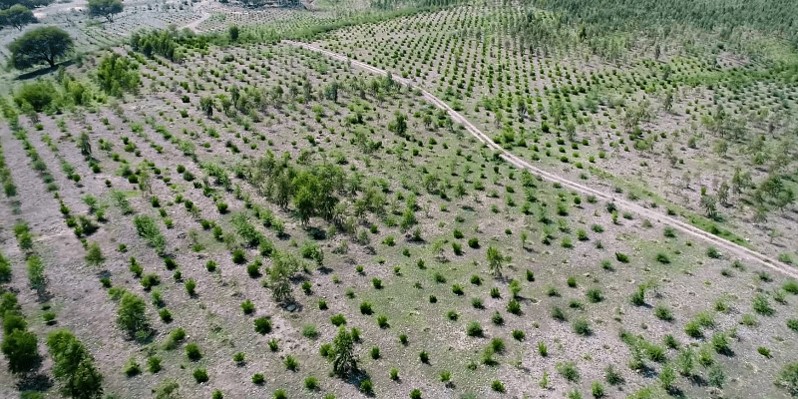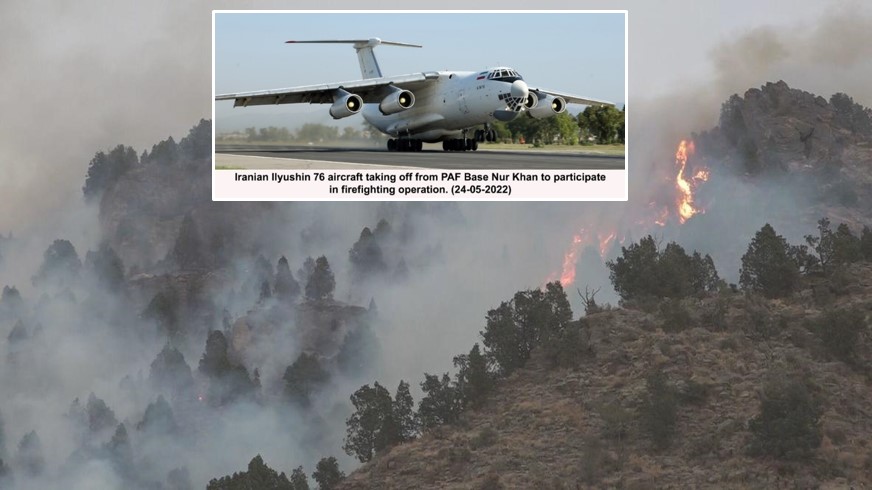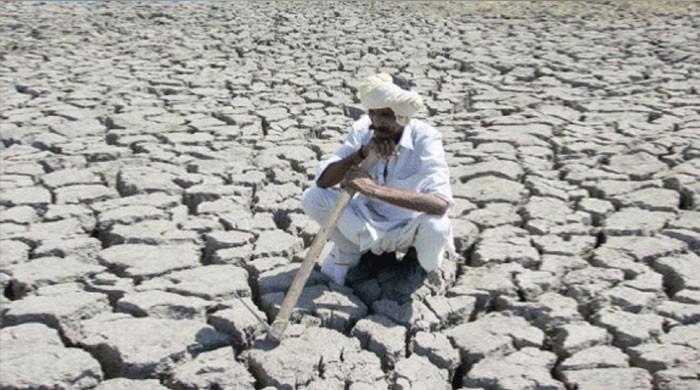19 June 2022
Significance of Gwadar Highlighted
In a seminar this week on “Gwadar Port: Latest Developments and Prospects of Shared Prosperity” organized by the Centre for Belt and Road Initiative and China Studies Institute of Peace and Diplomatic Studies, in collaboration with Riphah Institute of Public Policy, Riphah International University, speakers argued that development of Gwadar port and progress on various associated projects will bring peace, prosperity, and connectivity to the region.
Yang Nuo, Minister Counselor, Embassy of the People`s Republic of China, in his keynote address highlighted the significance of Gwadar Port and the progress made jointly by Pakistan and China on CPEC. He said the progress on the airport, connectivity, and energy projects is ongoing. Apart from these projects, a significant impact is on the lives of the locals through the clean drinking water plants, hospital, and vocational training institute. Progress on these projects will comprehensively impact people`s lives and bring them prosperity. China and Pakistan are fully committed to building CPEC and progressing for a shared future.

While a Pakistani speaker said despite challenges causing a delay in the progress, both Pakistan and China are committed to making development happen.
Continuation of Ten Billion Tsunami Program
The federal government led by the PML-N in the coalition, has decided to continue the “Ten Billion Tree Tsunami Program” of the PTI government, and has earmarked Rs 9.45 billion under the Public Sector Development Program (PSDP) 2022-23. The government is doing so to upscale the revised “Green Pakistan Program” aimed at achieving the target of planting 500 million trees. The program is being implemented by the provincial forest and wildlife departments through the ministry of climate change on the 50% cost-sharing basis, except Azad and Jammu Kashmir and Gilgit-Baltistan which are 100% funded by the federal government through the PSDP.

The Pakistan Economic Survey for 2021-22 states that the meager forest cover area due to growing population, and dependence on the natural resources coupled with deforestation have rendered the country one of the most vulnerable to climate change effects. As a result, natural resources are under tremendous pressure owing to change of land use and habitat destruction and consumption of fuel wood and timber extraction. Such pressures have rendered most of the forests of poor and medium density in need of drastic restocking on war footing.
Stamp Duty increased on Properties in Punjab
The Punjab government has increased the stamp duty from 1% to 2% on urban immovable properties, and revised the one-time tax on construction of luxury houses of two kanal and above. According to the proposed bill, the government has increased the rate of tax on residential houses of two-kanal and above after eight years. Last time, it was revised in 2014. According to the proposed tax rate, it will be applicable on the completion of the construction of luxury houses from July 1, 2022. However, the old rates would be applied on luxury houses which submitted the completion till June 30 this year.

The objective to increase the stamp duty is to generate revenue from multiplication in transactions and move towards parity with rates in rural areas. The rate of stamp duty is proposed to be increased from the existing rate of 1% to 2% in urban areas. According to the budget document, it continued the tax relaxations of 95% for registration and token tax of the electric vehicles in the proposed finance bill 2022. These steps, the government claimed, would create a fiscal space of over Rs20 billion.
Perils of Forest Fires Going On
In their survey report, the International Union for Conservation of Nature (IUCN) Pakistan observes there is an immediate need to provide food assistance to the local communities who have recently lost their livelihood in a major forest fire reported in the Suleiman Mountain range in Balochistan. The survey showed that approximately 840,050 trees covering over 1,542 hectares of privately owned Chilgoza forests were affected due to the blaze.

Meanwhile, over 200 wildfires damaged forests and pastures over an area of 14,430 acres in various districts of Khyber Pakhtunkhwa during past two weeks. Of the 210 wildfire incidents, some 55 blazes have been started intentionally by local people and 12 ascribed to dry weather conditions while the cause of another 143 blazes is unknown, according to a report compiled by the provincial forestry, environment and wildlife department.
Documentary on Pakistan Climate Change
Minister for Climate Change Sherry Rehman this week released a documentary that depicted changing climate as the biggest challenge of the 21st century. Describing the rivers as assets that ensured food security, the documentary emphasised on conserving water, the documentary says “Our country Pakistan is at the forefront of this global crisis. Climate change is causing our glaciers to melt faster and our rivers are drying up. If we do not save our rivers, our country will be in drought by the year 2025.”

The video captured emissions from factory chimneys, polluted rivers, forest fires and melting glaciers. She urged viewers to acknowledge the terrible fact that Pakistan was faced with the challenges of altering climate, loss of natural habitat and ever-increasing pollution simultaneously. “Unnatural and unprecedented rise in temperatures, heatwaves, frequent forest fires, drought and smog are some of the phenomena happening in our lifetimes,” while Jacobabad, Dadu and Turbat have been recorded as the warmest places on Earth for three consecutive years, she observed.


